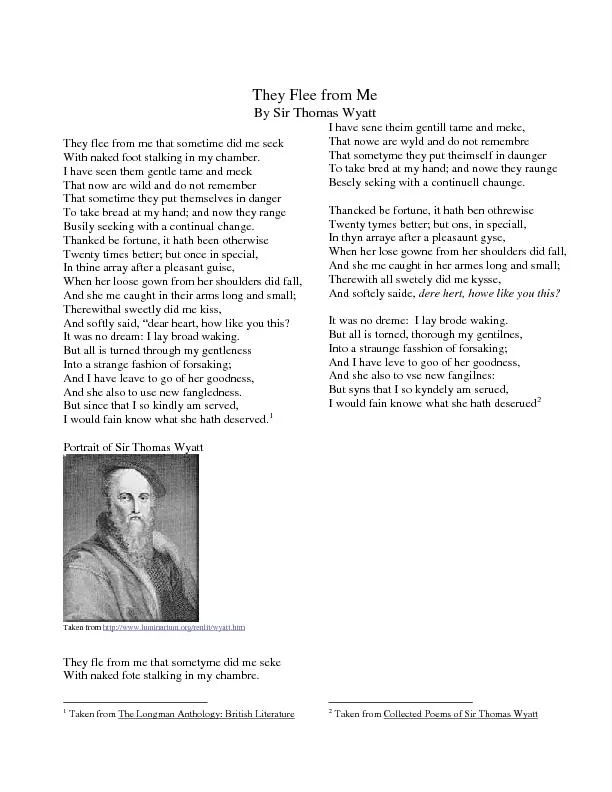PPT-Janice Davis-Ketchmore, Rachel Mills, Rachel Wyatt, Pete Kellett
Author : FriendlyFox | Published Date : 2022-07-28
Genetic counseling narratives Experiences of African American women with breast cancer Purpose Identify barriers and influencers of genetic testing acceptance amongst
Presentation Embed Code
Download Presentation
Download Presentation The PPT/PDF document "Janice Davis-Ketchmore, Rachel Mills, Ra..." is the property of its rightful owner. Permission is granted to download and print the materials on this website for personal, non-commercial use only, and to display it on your personal computer provided you do not modify the materials and that you retain all copyright notices contained in the materials. By downloading content from our website, you accept the terms of this agreement.
Janice Davis-Ketchmore, Rachel Mills, Rachel Wyatt, Pete Kellett: Transcript
Download Rules Of Document
"Janice Davis-Ketchmore, Rachel Mills, Rachel Wyatt, Pete Kellett"The content belongs to its owner. You may download and print it for personal use, without modification, and keep all copyright notices. By downloading, you agree to these terms.
Related Documents














